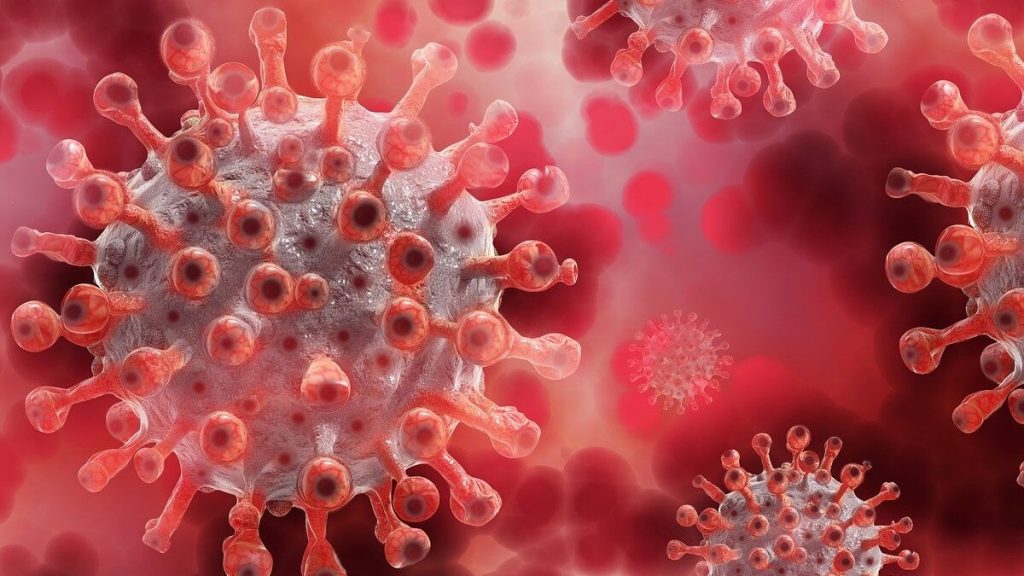New Delhi: The highly transmissible Delta variant of SARS-CoV-2 has mutated further to form the ‘Delta plus’ or the ‘AY.1’ variant. However, there is no immediate cause for concern in India as its incidence in the country is still low, scientists here said. The new ‘Delta plus’ variant has formed due to a mutation in the Delta or ‘B.1.617.2’ variant, first identified in India and one of the drivers of the deadly second wave. Though there is no indication yet of the severity of the disease due to the new variant, Delta plus is resistant to the monoclonal antibody cocktail treatment for Covid-19 recently authorised in India.
“One of the emerging variants is B.1.617.2.1 also known as ‘AY.1’ characterised by the acquisition of K417N mutation,” Vinod Scaria, clinician and scientist at Delhi’s CSIR-Institute of Genomics and Integrative Biology (IGIB), tweeted Monday. The mutation, he said, is in the spike protein of SARS-COV-2, which helps the virus enter and infect the human cells.
According to Public Health England, 63 genomes of Delta (B.1.617.2) with the new K417N mutation have been identified so far on the global science initiative GISAID.
In its latest report on coronavirus variants, updated till last Friday, the health agency said ‘Delta plus’ was present in six genomes from India as of June 7.
“The variant frequency for K417N is not much in India at this point in time. The sequences are mostly from Europe, Asia and America,” Scaria wrote on Twitter. The earliest sequence of this genome was found in Europe in late March this year.
Noting that the travel histories for the variant are not readily available to make assumptions, Scaria said an important point to consider regarding K417N is the ‘evidence suggesting resistance to monoclonal antibodies Casirivimab and Imdevimab’.
This cocktail recently received emergency-use authorisation in India from the Central Drugs Standard Control Organisation. Drug majors Roche India and Ciplas have priced the antibody cocktail at a steep Rs 59,750 per dose.
Similar to antibodies which are proteins that the body naturally produces to defend itself against the disease, monoclonal antibodies are artificially created in a lab and tailor-made to fight the disease they treat.
Casirivimab and Imdevimab are monoclonal antibodies that are specifically directed against the spike protein of SARS-CoV-2, and designed to block the virus’ attachment and entry into human cells.
Scaria also indicated the mutation may be associated with the ability to escape the immune response against the virus.
Allaying fears, immunologist Vineeta Bal noted that while there may be some setback in the use of commercial antibody cocktail due to the new variant, resistance to the therapy is not an indication of higher virulence or severity of a disease.
“How transmissible this new variant is will be a crucial factor to determine its rapid spread or otherwise,” Bal, guest faculty at the Indian Institute of Science Education and Research, Pune, told this agency. She also noted that the quality and quantity of neutralizing antibodies, responsible for defending cells from pathogens, generated in the individual infected with the new variant is unlikely to be affected because of the mutation.
Pulmonologist and medical researcher Anurag Agrawal concurred. “There is no cause of concern due to the new variant in India as of now,” Agrawal, the director of CSIR-IGIB, told this agency.
